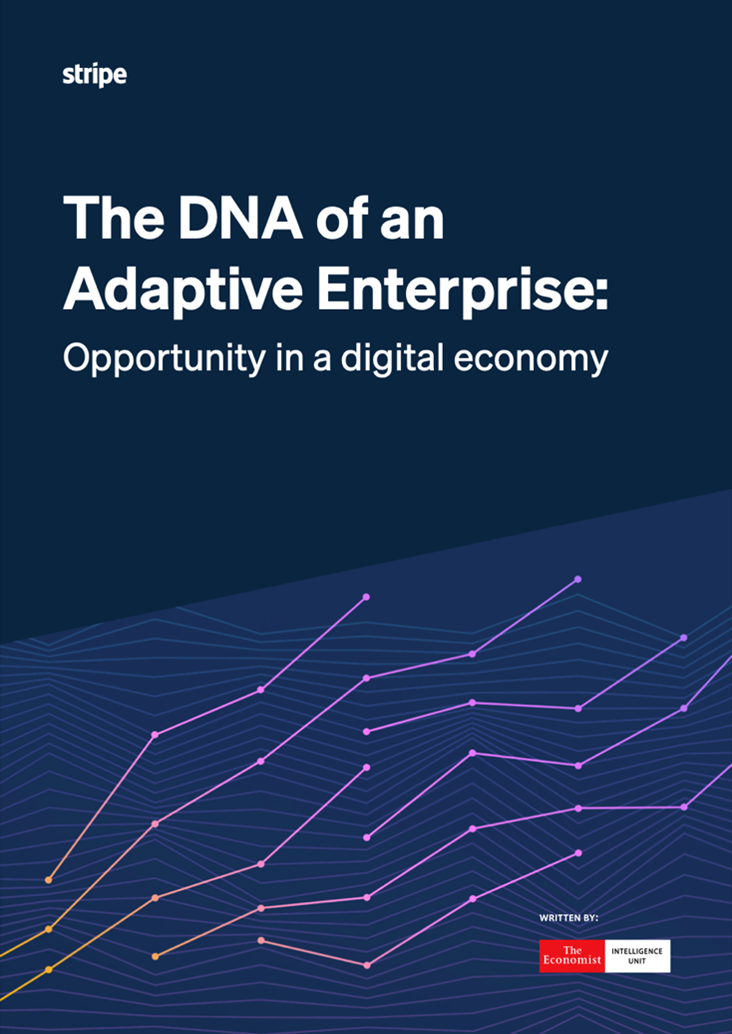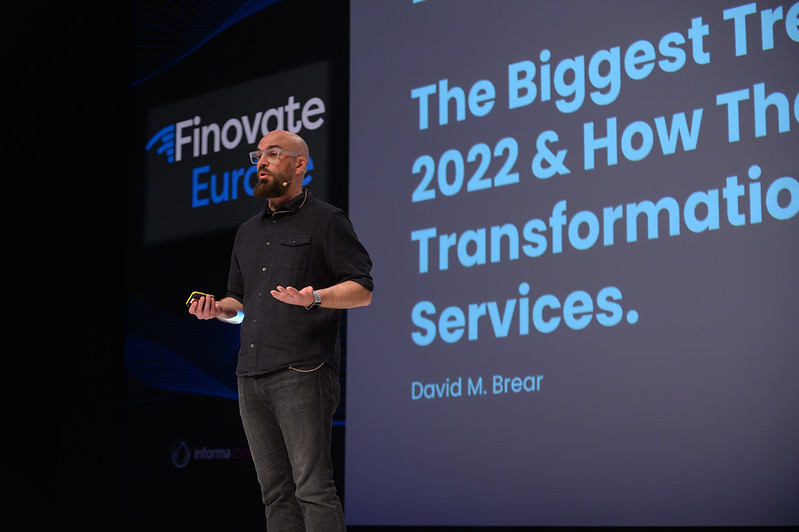
- Digital identity verification and fraud prevention innovator Mitek has agreed to acquire KYC technology company HooYu.
- Mitek will pay $129 million (£98 million) for the U.K.-based company.
- Both firms are Finovate alums. Mitek made its most recent appearance at FinovateFall 2017. HooYu demoed its technology on the Finovate stage most recently at FinovateEurope 2018.
Mitek’s agreement to acquire KYC technology specialist HooYu will help businesses verify their customer’s identity via a combination of biometric verification and real-time bureau and sanction database checks. Enabling institutions to leverage biometrics, ID document validation, geolocation, and identity confidence scoring with bureau checks and sanction list reviews will help them secure a more complete picture of their consumers.
HooYu’s ability to coordinate these features will not only enhance the identity verification process for Mitek’s customers, the technology will also enable them to optimize workflows and empower companies to deploy identity solutions across channels faster.
“Having a single platform that easily orchestrates and configures a KYC journey to manage identities and identify bad actors is becoming a prerequisite for any business transacting digitally,” HooYu CEO Keith Marsden said. “Bringing together Mitek’s lead in identity, liveness, and biometrics, with our orchestration, configuration, and journey services simplifies identity management for financial institutions.”
Mitek’s acquisition of HooYu comes in the context of a global digital identity solutions market that is expected to grow from $23.3 billion in 2021 to $49.5 billion by 2026, a compound annual growth rate of 16.2%. MarketsandMarkets, whose digital identity solutions report was cited by Mitek in this week’s acquisition announcement, credited the rise in both identity-related fraud and data breaches, as well as the need to keep pace with new regulations, for the growth in this market.
Additionally, the rise of the cryptocurrency and NFT (non-fungible token) markets – and the new regulatory regime that will accompany them – puts a further strain on the compliance requirements of businesses. For all the legitimate activity in crypto and NFTs, there is no doubt that these growing markets also represent new opportunities for illicit and criminal behavior.
“Our current geopolitical, commercial, and technological environment represents a perfect storm for bad actors,” Mitek CEO Max Carnecchia said. “Mitek is leading the fight against fraud by providing the technology that businesses need to stamp out digital money launderers and sanctioned individuals.”
In 2018, HooYu demoed its verification technology at FinovateEurope in London. The year before, Mitek demoed its Mobile Verify technology at FinovateFall in New York.













